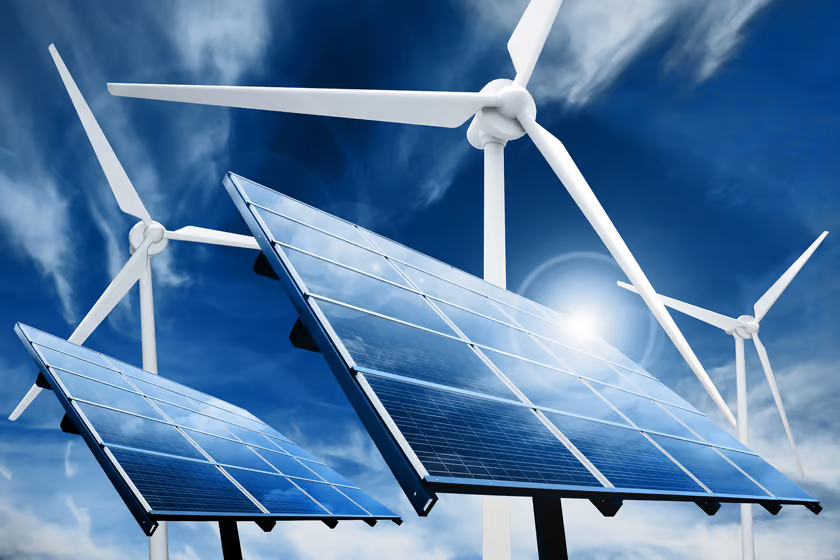In Short : Australia’s net zero transition must prioritize social equity, affordability, Indigenous rights, worker support, consumer education, and inclusive policy making. Engaging communities, ensuring climate justice, developing green infrastructure, and holding corporations accountable are crucial for a fair and successful shift to a sustainable future.
In Detail : For those people focused on meeting the profound challenge of shifting our economies from fossil fuels to clean energy sources, recent headlines from Europe have made alarming reading.
In September, after five months of fierce controversy, Germany’s ruling coalition managed to pass a law banning new gas boilers in homes and beginning a phase-out of existing ones. Yet public protests and likely electoral setbacks in some parts of the country have forced the government to soften the new law.
That same month, British Prime Minister Rishi Sunak also delayed bans on gas boilers, along with new petrol and diesel cars. Climate activists like Al Gore were dismayed, but Sunak said: “If we continue down this path, we risk losing the consent of the British people” (for net zero policies).
And in 2018 the French government scrapped a proposed fuel tax increase after fierce protests from the gilets jaunes (yellow vests) demonstrators.
These conflicts all show that achieving net-zero emissions by 2050 requires not only technology and policy changes but an understanding of the human element – the individuals, workers and communities whose lives will be profoundly affected by these changes.
The concept of a just transition
To transform our energy system, all of us will need to join forces to make fundamental changes in our lifestyles. But these changes cannot fall on everyone in the same way; they must be in line with what is called a “just transition”.
The notion of a “just transition” emerged from the US labour movement in the 1980s as a means to shield workers from the impact of new pollution regulations that potentially threatened their jobs. Today, it has gained prominence as a fundamental principle for achieving climate goals.
The concept proposes a comprehensive approach that ensures a fair distribution of both the benefits and burdens of any significant economic transition. Properly implemented, it enables governments and other stakeholders to avoid a backlash from the wider population as they seek to enact sweeping and necessary change.
The risk of such a backlash is real. Uncomfortable realities about the fairness of proposed solutions to climate change are emerging. London’s recent expansion of its ultra-low emissions zone to encompass all the city’s boroughs provoked strong protests.
Media coverage pitted supporters of the initiative against drivers from low socio-economic backgrounds who struggle to afford low-emissions vehicles and face paying penalties for older, high-emitting cars.
Public discourse concerning the energy transition typically centres around the energy trilemma: ensuring a secure energy supply, reducing carbon emissions, and keeping prices affordable for consumers. Yet vital distributional and equity aspects both between and within nations are far less often addressed.
The potential inequality of climate policies
The problem is made worse by the rising cost of living, which falls harder on low-income households. In Australia, large- and small-scale energy policies have driven up network costs associated with renewable investments. Low-income households now spend twice the amount of their disposable income on energy than average-income households do. An increasing number of households are falling into energy debt as they are unable to pay their energy bills.
What’s more, research shows that households without access to solar power, many of whom are on low incomes, largely fund government-backed renewable energy programs, since the costs of funding these programs are distributed through energy bills.
In these programs, governments assure renewable energy developers a fixed energy price to secure their support to provide renewable energy. Consumers who can afford to install solar get cheap power; those who cannot are left paying the difference in their bills.
These pressures help to explain why trust in the energy sector has eroded. The sector needs to put people and communities first in the delivery of products and services.
Australia’s fairness challenge
Australia’s task in ensuring a just transition is not easy, when policymakers already have much to do to deliver an integrated climate and energy policy. While our effort on climate change compared to other countries has improved on last year, it still ranks 55th in the Climate Change Performance Index, below the USA and China, and its performance is categorised as “very low”.
One risk is that as Australia falls behind other countries in its energy transition, if it were to suddenly accelerate its net zero ambitions to keep up with the pace of change elsewhere, it could lose sight of the transition costs imposed on different groups.
For example, to-date mining workers have borne the brunt of costs associated with the transition to renewable energy. Areas with recently closed coal-fired power stations have experienced an average increase in their unemployment rate of around 0.7%, holding other factors constant. Hardest hit have been regions heavily reliant on coal mining and coal-based power generation, such as Victoria’s Latrobe Valley, the Hunter Valley in New South Wales, and Queensland’s Mackay and Fitzroy regions.

